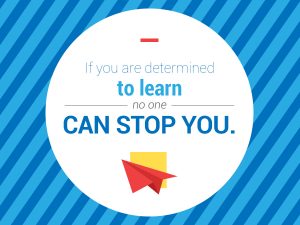What is Fluency?
Am I fluent? Many language learners get hung up on the word “fluency” as if it’s an unattainable goal. But ask yourself; do it now: What is fluency? Is it when you know every word ever? When your mind is like a dictionary? When you can hold a conversation about politics, or understand jokes in a foreign language? If you can pay for groceries in the supermarket, are you fluent?

Can I communicate? I see it like this: Language is about communication, and everybody knows a high part of communication is in body language. Often, you can get by without even saying a word. Does that also make you fluent? No, of course not; but it helps.
Everyday language is generally at an intermediate level, let’s say. If you have a high intermediate level, you can probably survive in most situations. You can ask for clarifications and express your thoughts. Is this fluency? I would dare to say, yes, it is. You may not be able to talk about politics, especially if you’re not interested in it, but you could follow along in a conversation, you could agree, or disagree, right?
If you hear a new word, can you ask someone to explain it, rather than just translating into your native language? If this is the case, you’re not switching languages, you’re staying in the target language and understanding.
Also, there will always be something new to learn. Languages are too complex for anybody to assume they know everything. It doesn’t matter that you don’t.
With this being said, if you can communicate effectively and correct your mistakes, I would consider you to be fluent. It doesn’t matter if your grammar isn’t perfect, or if you have an accent. Can you communicate in all areas of your life? If the answer is yes, then congratulations. You are fluent in a foreign language.
How do I reach fluency? How can you overcome obstacles and reach a level of fluency? I’m sure you already know all the ways you can learn a language, so I’m not gonna give you a list. But, one major game-changer has to be: living in or travelling to the country of your target language.
In my experience, this is the single most important thing. When you sit around a table with natives or walk around the city where everyone is speaking naturally, you’ll find it much easier to increase your language level.
Just being around a family, or in a workplace environment gives you constant free and authentic learning. You just need to be curious, ask questions, and make mistakes.
I spent one year in Argentina, and when I first arrived, I didn’t understand one word. I knew the basic greetings, but now I understand a lot, and I’ve barely even opened a book. Most of the understanding I have has been learned in situations by listening intently and watching body language.
Fluency conclusion? To wrap it up, don’t look at fluency as an unattainable goal only achievable by geniuses. It’s really not. Don’t consider fluency to mean that you know everything. You can never know everything. Give yourself credit for being able to communicate in a foreign language. Travel. Move abroad.
But don’t worry. If you can’t do this, there are still lots of ways to reach your language learning goals and a lot of them from the comfort of your own home.
For more on this, check next week’s article: How to be your own Teacher.
Podcast: Play in new window | Download

